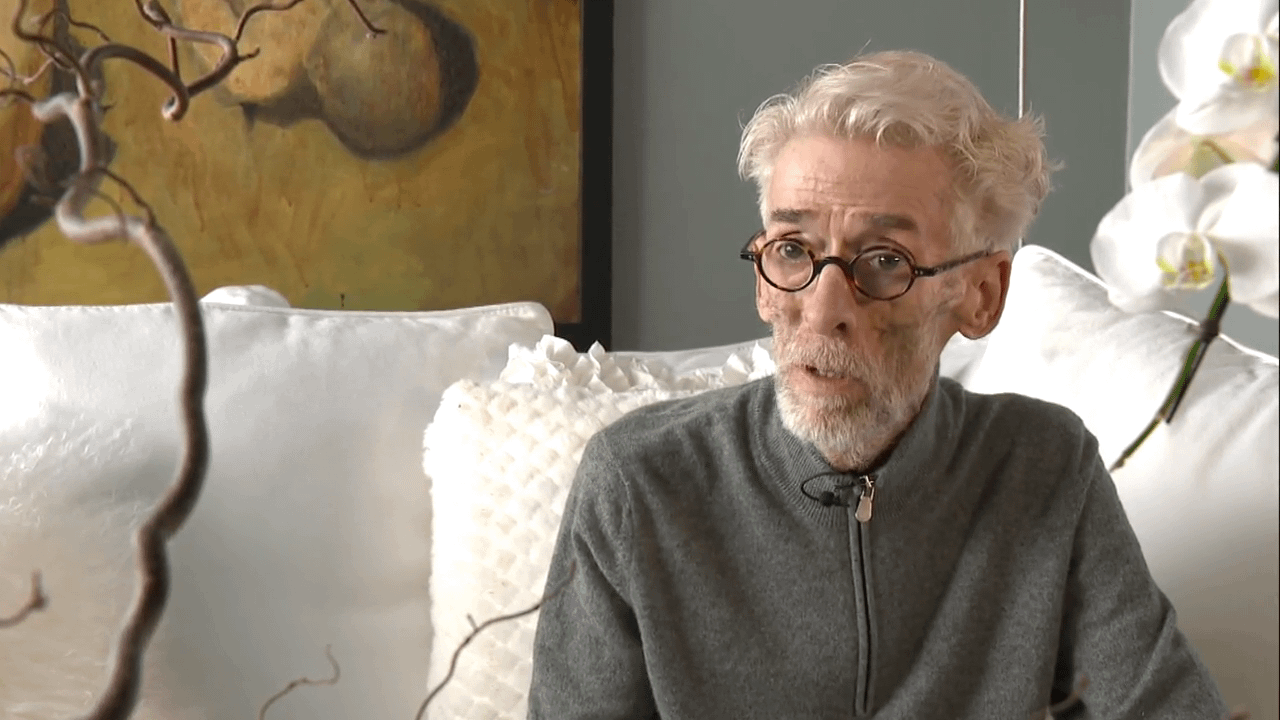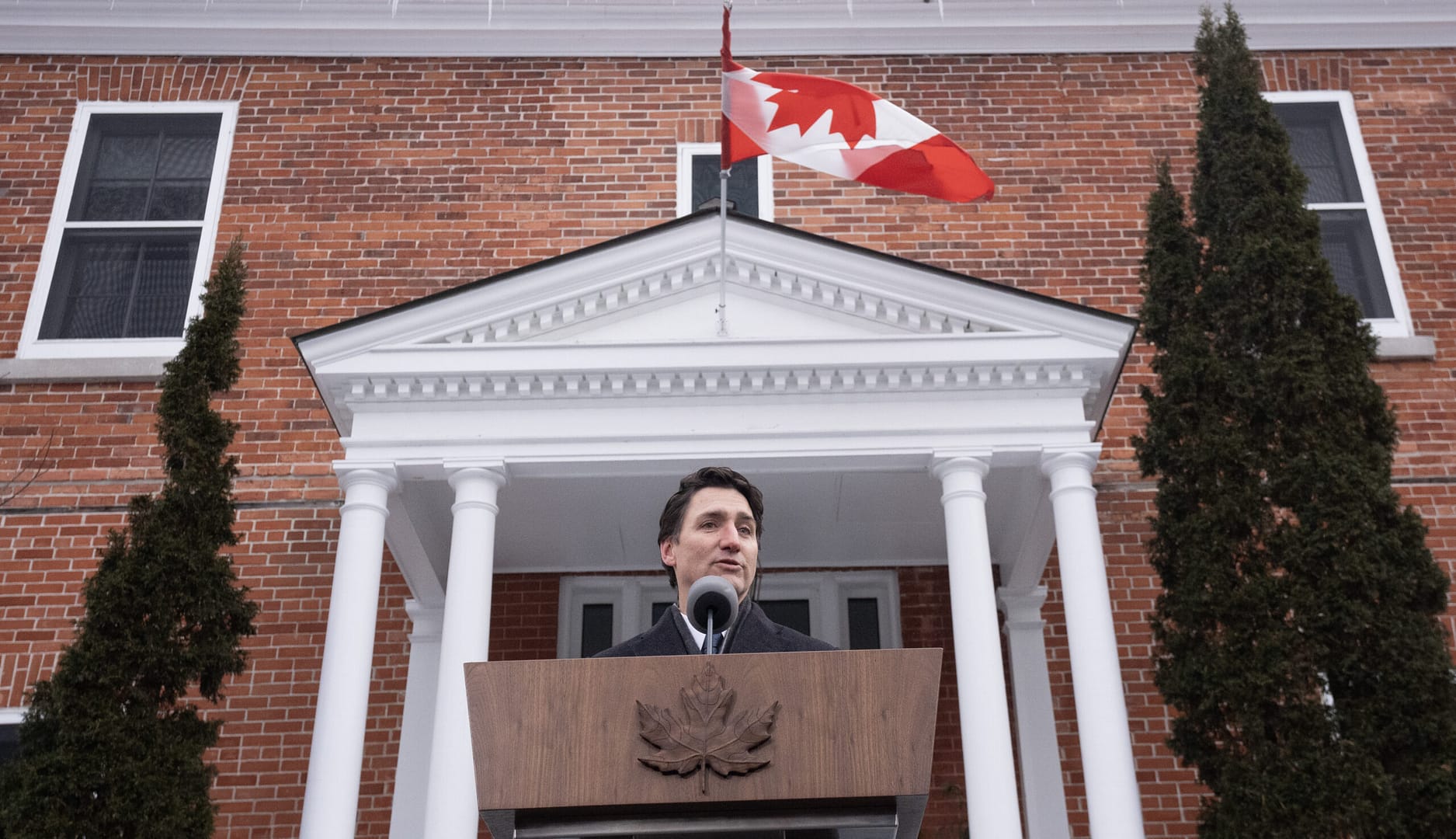People who are going to the elections in the new year are most likely to be casting ballots with their money. According to recent Gallup polling conducted exclusively for Global News, cost-of-living issues continue to be top of the list of Canadians ‘ priorities. One in four respondents to the poll’s results, which were released on Friday, cited inflation and the cost of living as their major concerns in Canada now, an increase of five percentage points from the previous year. According to Ipsos, other pocketbook issues dominated the rest of the list, despite taking the second spot ( 17 % ), up three points from last year. Housing availability and affordability ( 14 per cent ) rounded out the top three, followed by immigration ( seven per cent ), and the economy, unemployment and jobs ( also seven per cent ). At 5 %, income, social injustice, and government debt were all followed by poverty. 1: 23
Cover pricing also strained despite changes in 2024: reportThe poll, conducted from Dec. 6 to 10, surveyed more than 1, 000 People aged 18 and older in an online website. Although the Bank of Canada has quickly lowered its forecast interest rate since mid-year and inflation has appeared mostly well-behaved in 2024, pleasure came after decades of rapid increases in the cost of living. ” The marks of prices are still there”, Sean Simpson, top vice-president at Ipsos Global Affairs, tells Global News. What makes us think that they are better able to obtain their shopping this year if they couldn’t afford them the year before? The answer is they never. And thus, to put it another way, Canada’s number one issue is still being raised.” Young Canadians are especially in the squeeze heading into 2025,” Simpson says. He points out that the youngest generations are the most likely to be able to enter the housing market, struggle to find employment, or have no access to a income. According to Simpson, pricing stress is especially high in Canada when compared to other developed nations, with Canadians among the top five globally for accessibility concerns for the second time in a column. It’s especially interesting that value knocks health treatment to the top position, he continues. Health-care concerns tend to rank at the top in more common years simply because there is a perception that things can always be much with regard to emergency room wait days or quality of maintenance. When it drops to range two, it indicates that something else is happening. And obviously that’s something else is value of living”, Simpson says. Simpson furthermore finds it “remarkable” that immigration has surged to the No. 4 problem for Canadians, expressing concerns about how rapid population growth has increased accommodation accessibility issues in recent years. 3: 42
Federal authorities reduces immigration targetsThe latest poll comes at the end of a tumultuous 2024 for Prime Minister Justin Trudeau and the Liberal Party. In the final months of the year, Chrystia Freeland’s resignation as finance minister left the Democrats scrambling, and NDP Leader Jagmeet Singh signaled that he would vote in favor of the Trudeau state, probably toppling the minority government. The Ipsos poll also reveals who Canadians most confidence to manage their cost-of-living concerns with the election being scheduled for next year and concerns about whether it might start this spring. When asked which social president would be most suited to deal with rising prices and rising living costs, Conservative Leader Pierre Poilievre ascended to the top of the list. The head of the standard Opposition was furthermore pegged as best to handle enclosure, the business, income and immigration policy. While Green Party Leader Elizabeth May won the election as the party’s top spokesman for climate change, NDP candidate Singh was regarded as the excellent servant for issues relating to health treatment as well as poverty and social injustice. Trudeau and Bloc Québécois Leader Yves-François Blanchet ranked as best options to address nothing of voters ‘ focus problems. Trending Then
French man killed in Florida ship blast: reports
Boxing Day consumers take advantage of tax vacation amid cost-of-living troubles
” The Democrats are certainly less common, but it’s more than that. The financial attitude is lower, fiscal health is lower. Emotions about the prospect are higher”, Simpson says. 2: 47
Does Trudeau stay on as Canada’s head? While the Conservatives may be perceived as the No. Simpson claims that if the Democrats continue to lose support, there is still room for the NDP to take second place. He notes, nevertheless, that national elections often hinge on problems such as health care, where the NDP appears to keep the most democratic power. According to Simpson, this ballot suggests that Canadians believe Trudeau has mostly focused on the wrong issues in recent years. Problems around climate change, which were a central theme in the 2019 national vote, for example, have fallen generally out of the minds of voters as more fast “kitchen board” issues wave to the vanguard, he says. According to Simpson,” If you’re struggling to put food on the table, if you’re struggling to put a roof over your head and the head of your children,” climate change will just simply go down the list. According to Simpson, the upcoming election is a question over the Liberals ‘ carbon pricing plan, and paying attention to how Conservatives view cutting taxes as a direct solution to the affordability issue. Recent measures like the two-month GST/HST holiday have yet to stem the Liberals ‘ bleeding support in the polls, he adds, as such moves are viewed more as temporary relief than a prolonged,” sustainable” approach to affordability concerns. ” Canadians are very much focused on pocketbook issues going forward. And they will pay off the parties who they believe have the answers to those pocketbook problems in 2025,” Simpson claims. An Ipsos poll conducted for Global News between December 6 and December 10 revealed some of the findings. For this survey, a sample of 1, 001 Canadians aged 18+ was interviewed online. According to census parameters, quotas and weighting were used to ensure that the sample’s composition reflects the composition of the Canadian population. Ipsos ‘ online polls ‘ accuracy are based on a credibility interval. In this case, the poll is accurate to within ± 3.8 percentage points, 19 times out of 20, had all Canadians aged 18+ been polled. The percentage of people with credibility will increase. All sample surveys and polls may be subject to other sources of error, including, but not limited to coverage error, and measurement error. —with files from Global News ‘ Anne Gaviola6: 29
Trudeau’s ‘ teflon seems to be still there’ amid calls for resignation, expert says


